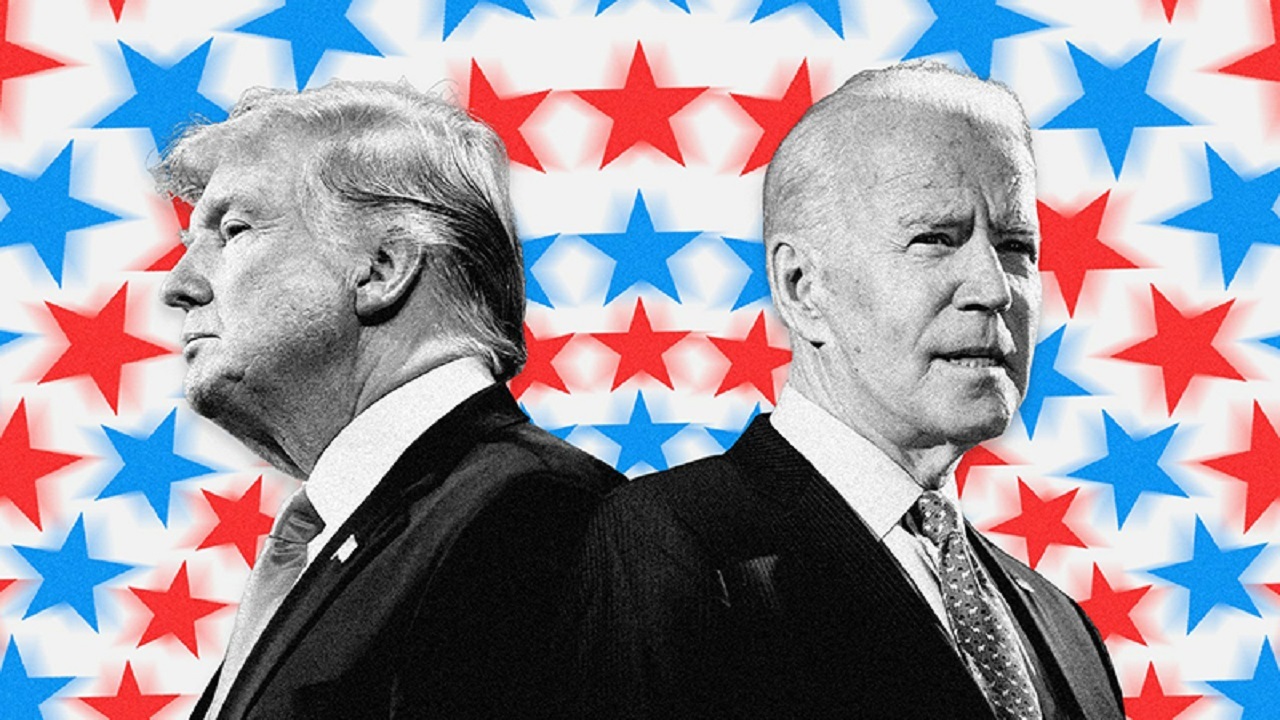AhlulBayt News Agency (ABNA): As about two weeks remain to anniversary of Trump supporters' attack on the US Congress, a large number of political observers and even military commanders express concerns about the deepening gaps in the US and even go further and warn about a danger of collapse and even an internal conflict in the country. Over the past few days, the retired Major General Paul Eaton, retired Brigadier General Steven Anderson, and retired Major General Antonio Taguba in an article published by The Washington Post have warned that the US is broken apart and that it needed to prepare for the worst scenarios after next elections.
"As we approach the first anniversary of the deadly insurrection at the U.S. Capitol, we — all of us former senior military officials — are increasingly concerned about the aftermath of the 2024 presidential election and the potential for lethal chaos inside our military, which would put all Americans at severe risk," they wrote. The fact is that contrary to several-decade media-presented pink picture from the US, the country presently stumbles saving its unity.
Why are concerns about collapse growing?
The events of the Capitol on January 6, like any other major event, grabbed, undoubtedly, the focus of American think tanks and researchers. Earlier, "Trumpism" as a type of American neo-Fascism had been a topic of study of political research centers, with all agreeing that the US was divided between Trump proponents and opponents.
On the eve of the anniversary of the assault, two issues are giving rise to concerns about possible US collapse. First, polls suggest that about half of voters feel it is time for the country to break down. Second, and more important issue, is that the possibility of military coup following 2024 elections is occupying the mind of the political observers.
This seems even more serious when the evidence shows that many of the participants in Congress storming were veterans or even serving military personnel. From the perspective of a political sociologists, this means that a radical section of American society seeking to seize Congress is in the US military and ready to take up arms if in next elections a confrontation erupts between Trump supporters and opponents.
Biden did poorly bridging the gaps
Joe Biden's performance in domestic and foreign policy since taking office on January 20 has accelerated American society's movement to partition and decline.
During the election campaigns, the Democrats and Biden claimed the American people should vote Biden to restore unity to a divided nation, and constantly warned that if they did not win, the country would fall into disunity and collapse. Now and nearly a year after Biden took office, he has acted in such a way that many hardline Democrats have joined the president's opposition.
Over the past few months, the vast majority of polls have clearly shown American citizens' dissatisfaction with Biden and the declining popularity of the White House leader. A new poll result, published by PBS / NewsHour / Marist Poll on December 20 showed president's public acceptance is in new records low, with over half of the voters dissatisfied with his performance.
In that poll, about 55 percent of Americans disapproved of Biden's first year in the White House, with 44 percent of them strongly discontented with his first-year performance. The result shows that Biden's popularity has fallen by 20 percent since he took Biden's place in last January. The poll was conducted between December 11 and 13 among 1,400 adults with a 4-percent margin of error.
Also, a new poll by Ipsos and ABC News showed that only 28 percent of the Americans are happy with the way Biden is trying to curb inflation and 69 percent others are discontented. These polls have one message to convey: The Americans not only do not see Biden a savior of peace and stability in the country but also find him a divisive factor politically and socially.
Social gaps of the states
Just contrary to the image the American political and media circles try to demonstrate from the US, the country has a broad political fault line. The most important and active fault line currently is racism that is taking fascism's color and smell. Today, the Republican Party has virtually become the hotbed of neo-Fascist and white supremacist activity. Trump's assumption of power in 2017 gave a chance of surfacing for the activities of these groups that for years lived on in the bottom layers of the society.
At present, a large number of the Republicans and white rightists believe that they are at an existential struggle with the blacks and other people of color, as well as those they label "illegal foreigners" who, the radical whites think, want to replace the whites. The more worrisome point is that this racist population, to Trump they are supporters, have a deep belief that Biden's victory was fraudulent and that they do not recognize him as their legitimate president.
Moreover, the citizens in many states of America have held deep belief in split and birth of independent new countries. For decades, people especially in Alaska, Texas, New Hampshire, New York, and other states have been speaking out about secession but their agenda went nowhere. At present, too, in many states such as Florida, Pennsylvania, Wisconsin, and Michigan there are deep differences, with pro-separation factions thriving.
/129

